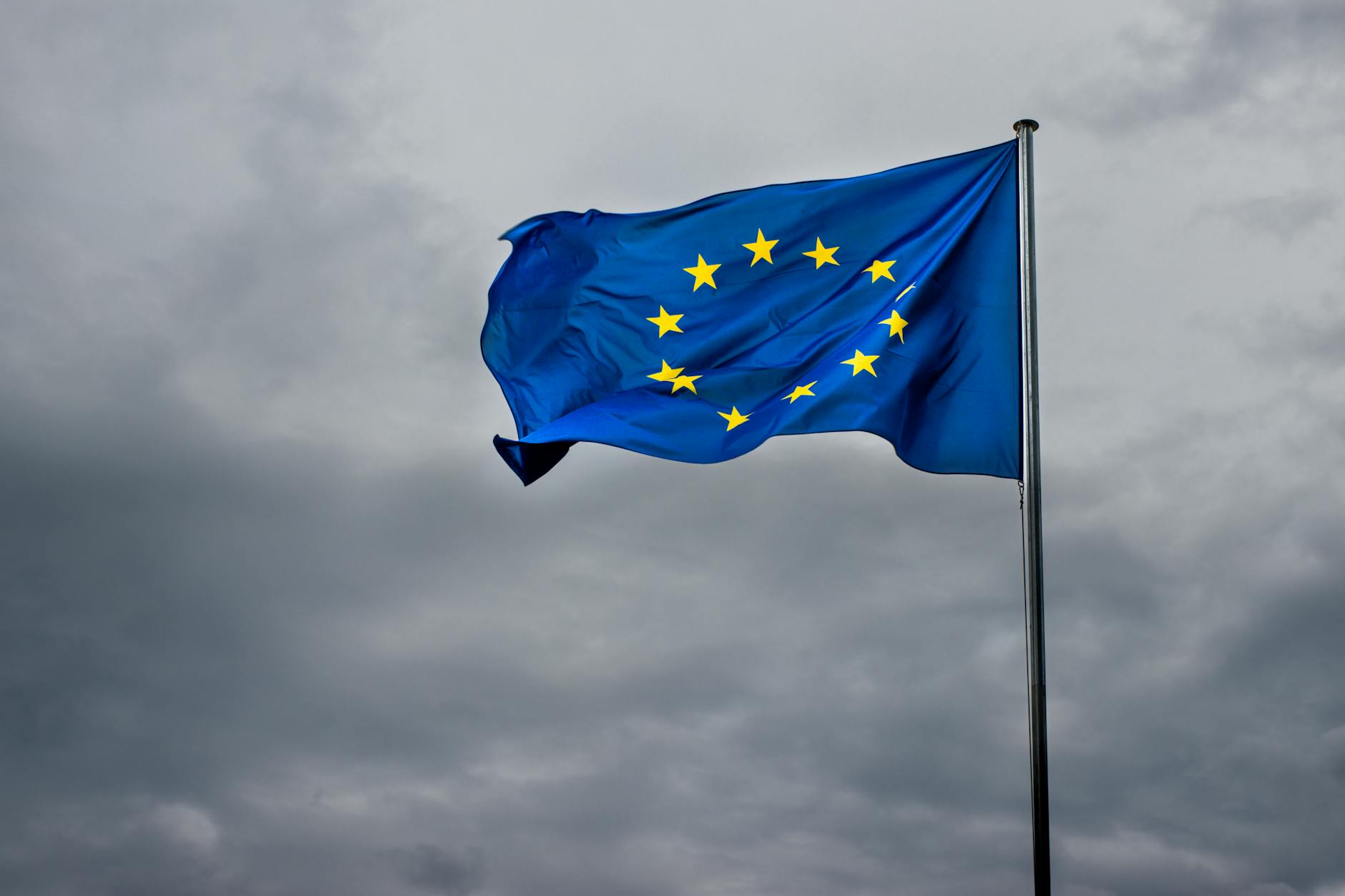A Tremor Through the Center: EU Elections Signal a Sharp Rightward Turn for the Continent

The results from the European Parliament elections did not arrive like a gentle tide. They crashed ashore like a storm surge, rattling the windows of the chancellery in Berlin and washing away the political ground from under the president's feet in Paris. While the broad, pro-European center has technically held its majority in the 720-seat legislature, that clinical fact masks a much more volatile truth. A political tremor has run through the continent, revealing a deep well of anger and anxiety that has fueled a powerful surge for the nationalist and far-right.
Nowhere was the earthquake more violent than in France. Marine Le Pen’s National Rally didn't just win; it annihilated the party of President Emmanuel Macron. Garnering over 31% of the vote—more than double the share of Macron’s centrist coalition—the result was a humiliation so profound, so complete, that it prompted Macron to take the ultimate political gamble. In a televised address to a stunned nation, he dissolved the French parliament and called snap elections, a roll of the dice that could see him forced to govern alongside a far-right prime minister just as Paris prepares to host the Olympic Games.
The aftershocks were nearly as strong in Germany, the EU's economic engine. Chancellor Olaf Scholz's Social Democrats slumped to their worst-ever result in a nationwide poll, a dismal third place. Ahead of them was not only the main center-right opposition but, for the first time, the far-right Alternative for Germany (AfD). Despite being mired in scandals involving espionage and Russian influence, the AfD's anti-immigrant and euroskeptic message resonated enough to make them the second-strongest force in the country. It was a stinging rebuke to Scholz’s fractious three-party coalition.
This pattern repeated itself across the continent. In Italy, Prime Minister Giorgia Meloni’s Brothers of Italy party solidified its position, cementing her as a formidable power broker on the European right. In Austria, the Freedom Party topped the polls. In the Netherlands, Geert Wilders' party made significant gains. While these parties are not a monolith—they are split between the relatively more mainstream European Conservatives and Reformists (ECR) and the more radical Identity and Democracy (ID) group—their collective voice in Brussels will now be louder and more disruptive than ever.
So what fueled this rightward lurch? It appears to be a protest vote born from kitchen-table anxieties. The archetypes of discontent are clear from the political discourse: the farmer in rural France, feeling choked by green regulations; the factory worker in Germany, watching energy bills soar while being told to embrace a costly green transition; the citizen in a small Italian town, feeling the strain on social services from a new wave of migration. The far-right successfully channeled this discontent, painting the EU as an out-of-touch, bureaucratic monolith imposing its will on the common person.
The centrist "grand coalition"—composed of the center-right European People's Party (EPP), the Socialists & Democrats, and the liberal Renew Europe—will still command a majority. Ursula von der Leyen, the EPP's lead candidate, remains the favorite to secure a second term as European Commission President. But the ground beneath her has shifted. To pass legislation, she will now face a more fragmented and hostile parliament. She may be forced to look for support from parties like Meloni's, pulling the entire policy agenda of the EU further to the right.
The consequences are already coming into focus. The EU's flagship policy, the ambitious European Green Deal, is now on life support. The new parliamentary arithmetic will make it exceedingly difficult to pass new climate legislation and may even lead to an unraveling of existing commitments. The bloc's policies on migration, already hardening, are set to become even more restrictive. And while mainstream support for Ukraine remains firm for now, a stronger contingent of voices skeptical of aid to Kyiv will complicate the effort to maintain a united front against Russian aggression.
The 2024 European election was not a revolution. The center did not collapse. But it was a stark warning shot. The foundations of the post-war European consensus, built on open markets, liberal democracy, and ever-closer union, have been shaken. The continent’s mainstream leaders now face an urgent choice: either address the deep-seated anxieties that fueled this populist surge, or watch as the tremor of today becomes the earthquake of tomorrow.
